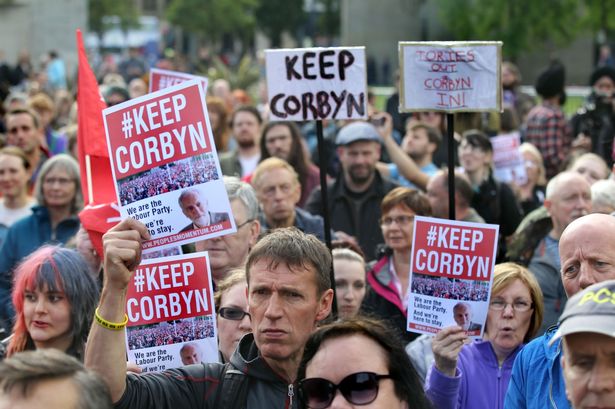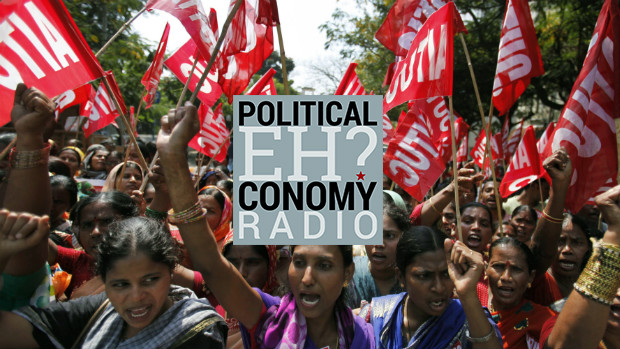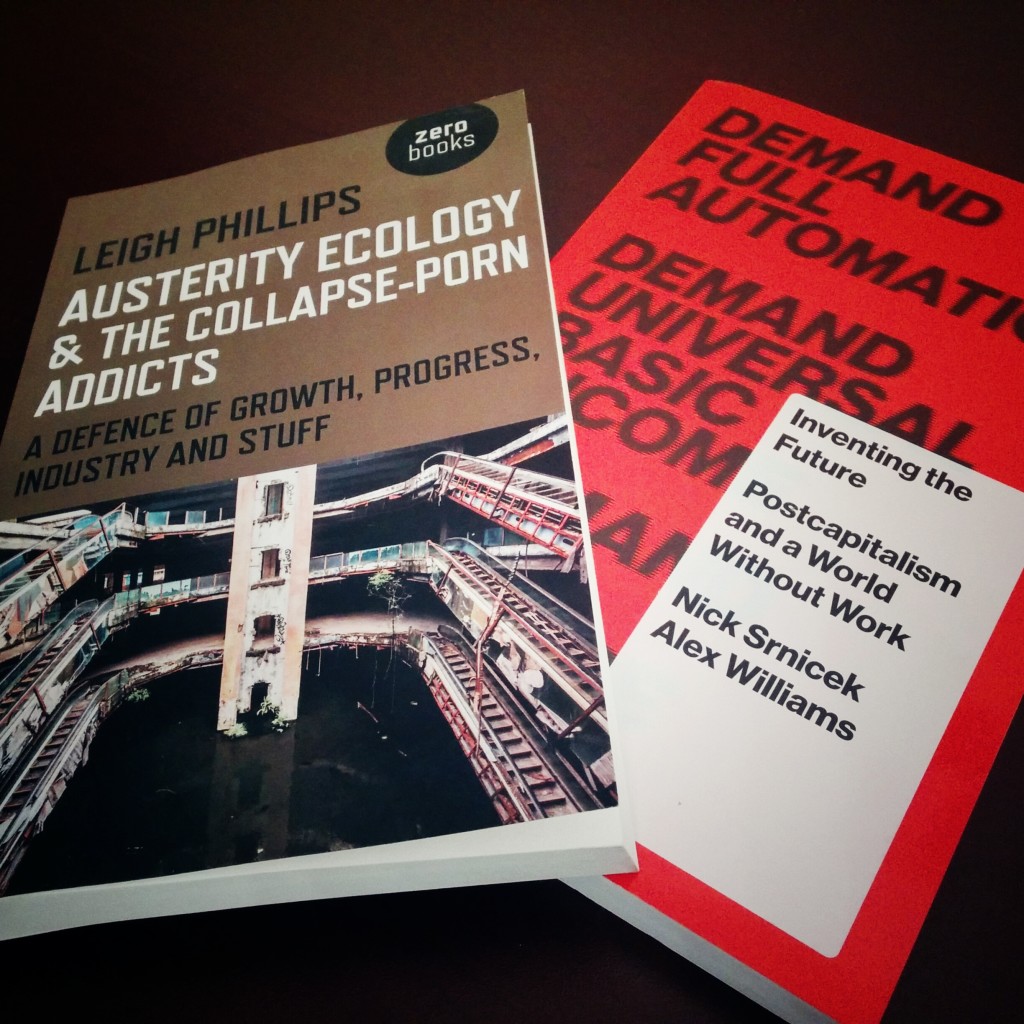My podcast interview with Richard Seymour on the roots and prospects of Corbynism appeared in Jacobin last week.
While the United Kingdom has been reeling from political crisis to political crisis in the aftermath of the Brexit referendum, Jeremy Corbyn has never looked stronger. He showed his principles in apologizing for a war he opposed from the very beginning, he has consistently made an argument for an anti-austerity, antiracist politics that can fight for all sections of the working class, and he so far appears to have survived a coup attempton his leadership.
In fact, Jeremy Corbyn, a survivor of “lifeboat socialism,” now finds himself at the helm of what is likely Europe’s largest social-democratic party. Several hundred thousand new members have joined Labour in the past two weeks, largely to support Corbyn against the on-again, off-again coup effort led by a powerful faction centered within Labour’s parliamentary caucus. Yet despite these efforts, Corbyn is one of the few party leaders left standing after the referendum.
I recently sat down with Richard Seymour to talk about his new book, Corbyn: The Strange Rebirth of Radical Politics. Situating the acute short-term crisis, he provides both a background to the Corbyn phenomenon and looks at its long-term chances of success.

Michal Rozworski: I’ve been meaning to interview you about your new book on Jeremy Corbyn for a while and in the meantime, a lot has happened. Before we get to the latest news, quickly lay out the main argument of your book. How do you see the Corbyn phenomenon, and its chances for success?
Richard Seymour: Okay, well the question that the book starts out with is: how can it be that the Labour Party has, for the first time in its history, a radical socialist leader, when it has never had that before, even when the Left has been in a much stronger position.
Right now, the Left is historically weak. The labor movement is historically weak. Strike rates are at an all-time low and union density falls year by year. The membership of left-wing organizations has been falling for decades. The evidence for dramatically increased left-wing militancy is nil.
Yet Jeremy Corbyn won the leadership by attracting hundreds of thousands of new members to the Labour Party, both full members and supporters, by attracting the support of all the major union leaders, or at least most of them, by getting just enough nominations from the parliamentary party, and by attracting a raft of celebrity support.
When I talk about celebrity support, I’m not talking about the types of people who turn up at left-wing events. I’m talking about Daniel Radcliffe, the guy who played Harry Potter, people like that. It’s quite a strange range of people.
Basically, there was a unique kind of moment: a feeling that Labour had not done the job against the Conservatives, and it needed to do something radical and different.




